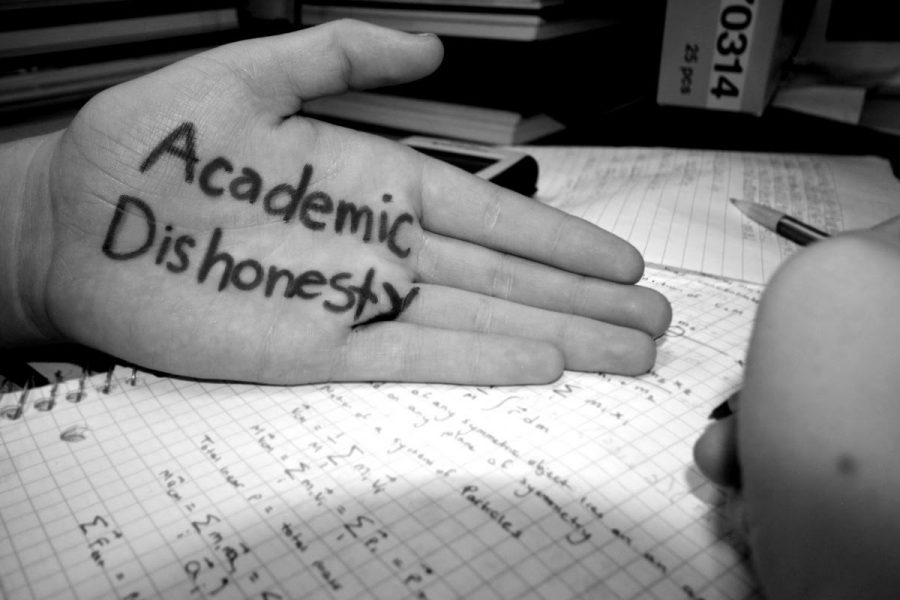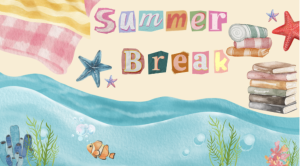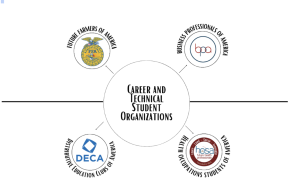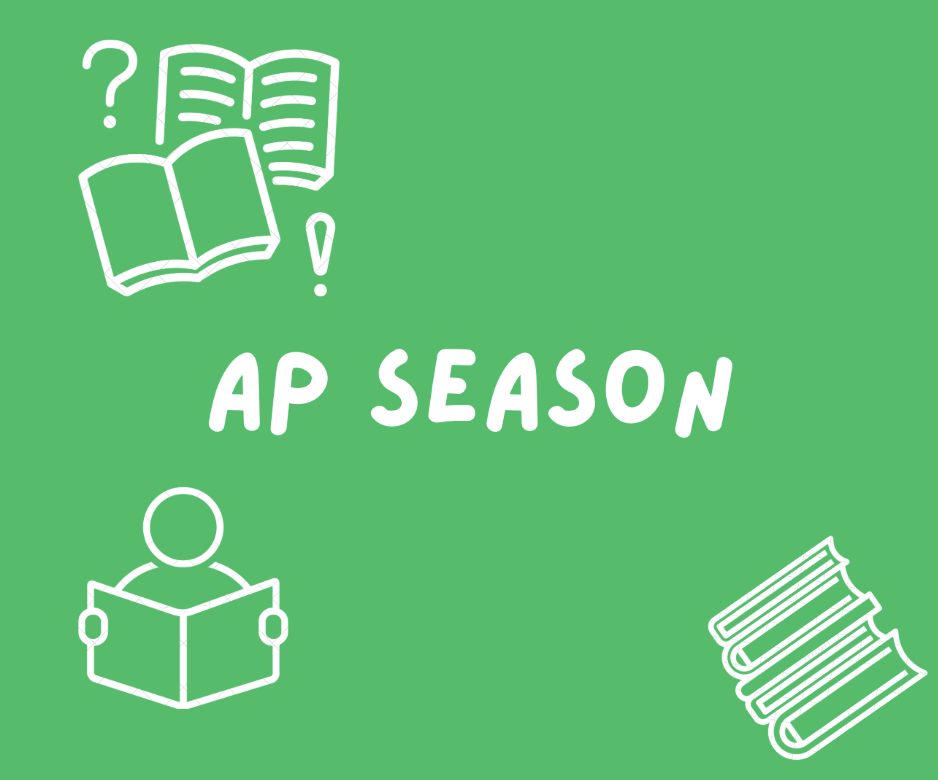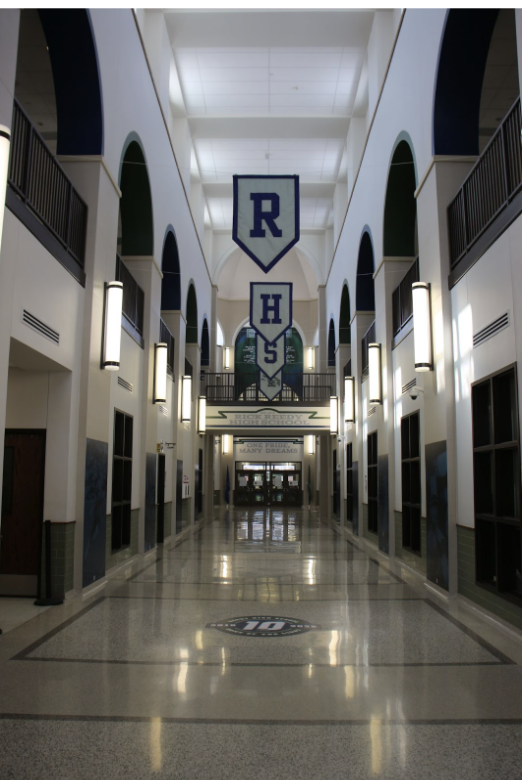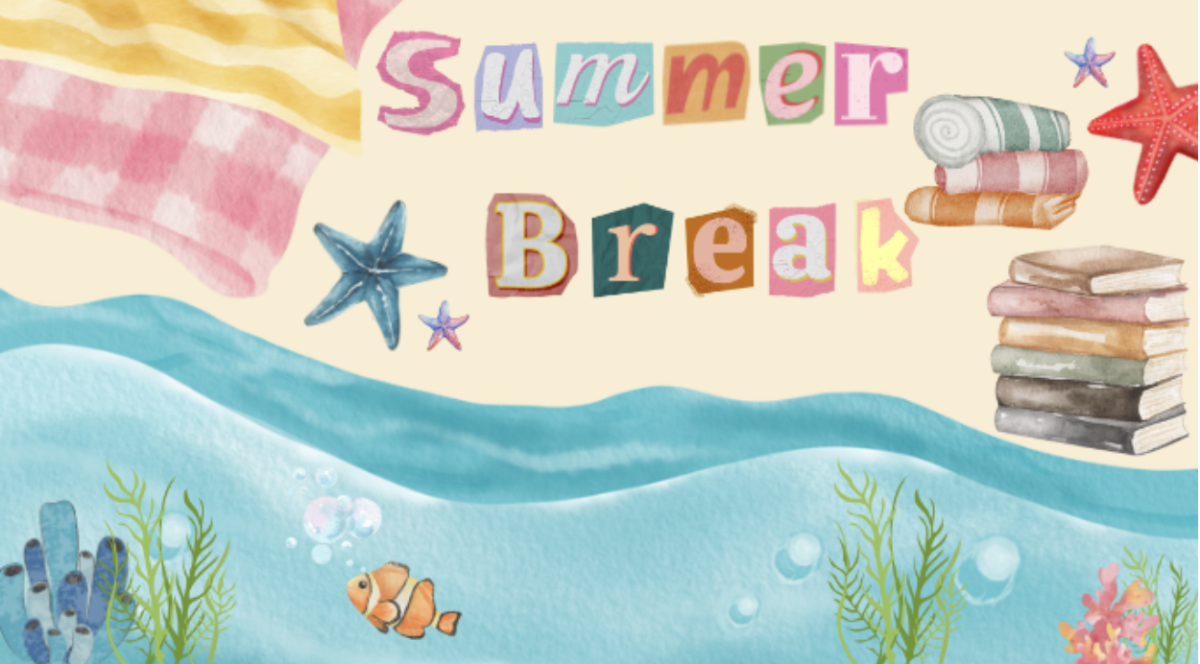Virtual Academy and Academic Dishonesty
August 19, 2021
Academic dishonesty, otherwise known as cheating, is a principle the education system frowns upon, and has been growing once most schools in the US switched to virtual academy or eLearning.
Reedy Senior Kayli Woodward, reveals, “Online learning has made it easier to find workarounds [for] doing homework; whether it’s cheating, collaboration, etc. which makes the appeal for actually putting in effort minimal.”
This appeal is attractive to many, not only in the Frisco ISD district.
From Chicago, Barrington High School Sophomore, Lauren Benedtto, concludes, “Online school makes it hard for me to stay focused and motivated in school because there are so many distractions. My family is all at home and my phone is really distracting. I try my hardest to stay focused but it’s difficult at home.”
The online learning environment does not directly lead to cheating, but it makes assignments an uphill battle.
Wayzata High School Junior Anika Bloomquist, shares “I am more likely to procrastinate and look up answers and not try as hard.”
Opinions like these about online learning are very common, but some students can see the benefits.
Barrington High School Sophomore Sofia Gierthy, presents, “ Online learning is better for me to learn because I can do it at my own pace. Plus, when I’m at home, I don’t have my friends to distract me, but occasionally I spend too much time on my phone.”
Creating your own schedules and pace can be beneficial, but the urge for cheating is an easy trap to fall through.
Reedy Junior Sama Mahmoud, feels, “About 80% of the people I know have probably cheated in virtual school.”
The number of people they know who cheat vary between students, but teachers hold a different perspective.
Jeffrey Schrantz, a math teacher at Reedy, shares that “It’s a tough question to answer because different people have different definitions of cheating. I don’t think telling a friend that a test was generally harder or easier than you guys might have thought is cheating. When you start telling them actual information about what was on it (escalating to directly sharing questions/answers/pictures) then you cross a line that should not be crossed. Plus, it’s not really fair to you if you had no idea about test questions prior to your taking it. I really have no way of knowing, but I would guess it is at least 10-20%.”
The number is intangible to find a concrete number, but it’s complicated to find the correct proportion of students who have committed academic dishonesty.
On the flip side, Eric Swenson, a Spanish teacher at Reedy, estimates “that 75% of students have cheated in their academic years.”
But the implications of cheating still stands at Reedy High School.
Mr. Schrantz shares, “In addition to reporting any instance of cheating I discover, I always inform parents of that discovery.”
Reporting cheating is a standard action for teachers to do, and this leads to an investigation of the student in assignments submitted.
Mr. Swenson encourages “anyone who cheats to not, in the long run, it always makes you come up short. It may be helpful in the moment, but honesty and integrity are far more valuable than a grade.”
Cheating can taint your self-image and limit the knowledge you can attain. This knowledge is essential for the basic understanding of your classes and life itself.

